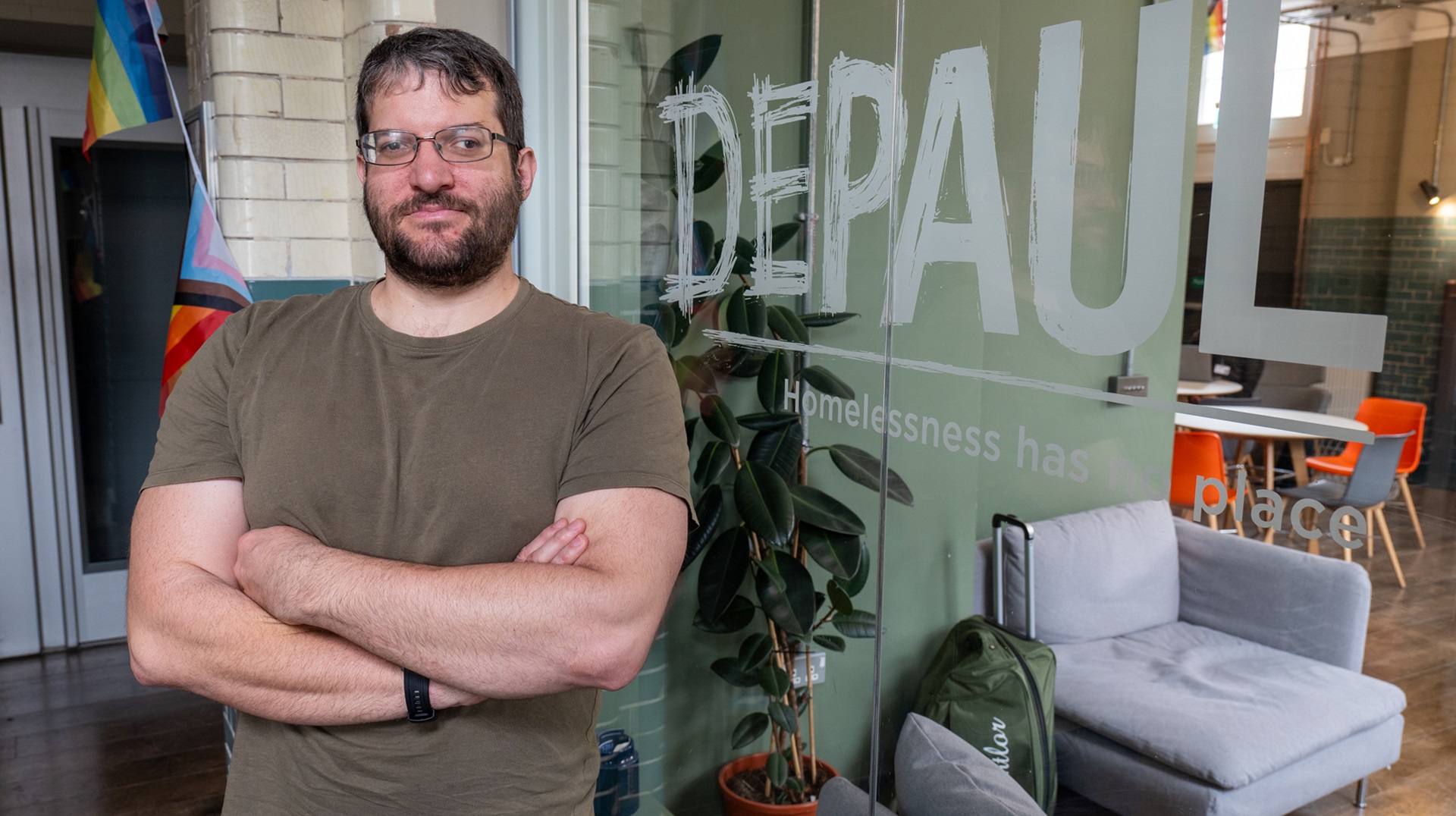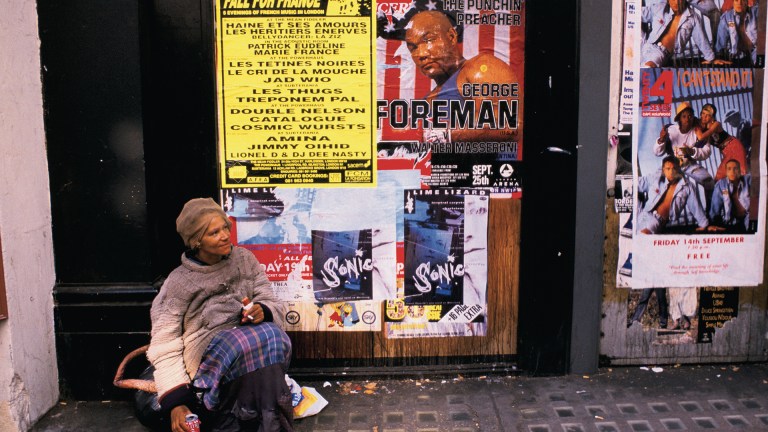With a new government pledging its new strategy to end homelessness, those of us working in the sector are cautiously optimistic about the future, but we’re nervous in the lead up to autumn as multiple and converging factors could make the situation worse for people at risk of homelessness.
The cost of living crisis, the reduction in local authority funding, and the growing problem of homelessness among newly recognised refugees has had a devastating impact on the sector.
As a housing adviser for youth homelessness charity Depaul UK, it’s safe to say my team and I are on the frontline. People are contacting us in tears most days and many are struggling with mental health issues, exacerbated by their situation. It’s always busy – especially in the afternoons, as people start to worry that they won’t be able to find anywhere safe to stay that night. And every day is different.
We could be dealing with people scared of gang crime, someone suffering from domestic abuse, refugees who have been made homeless because of inadequate support, college and university students with no funds, or young people who have fled home because of a family relationship breakdown. Recently, we’ve also had a surge in more people in full-time employment reaching out. Just last week, my team received four phone calls on the same day, from different young people, all in permanent employment, desperately looking for a safe place to stay.
The racial inequality we are experiencing is also shocking. People from African and Caribbean background are overrepresented in all our client groups, because of deep-rooted systemic, and socio-economic factors, and there are days that go by where we only receive calls from clients who are black.
Local authorities across the country are buckling at their knees, and homelessness services across the country are rapidly closing due to lack of funding. This is something the government urgently needs to address. I don’t want to see people we’ve worked hard to place in safe and supported accommodation go back to square one because their local authority has run out of money.









